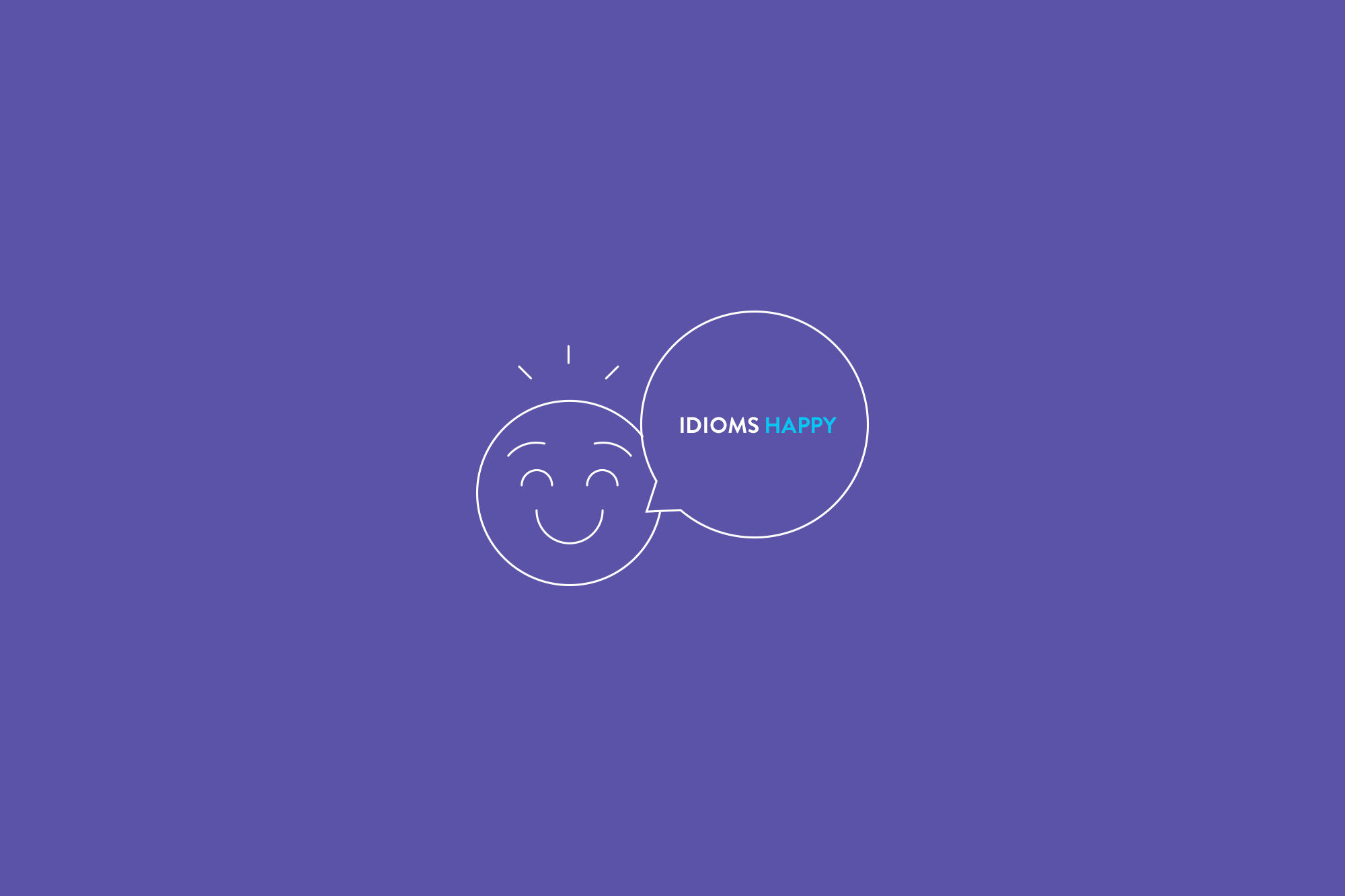En nuestra vida diaria, tanto personal como en el trabajo, tenemos que enfrentarnos a situaciones difíciles y a problemas de todo tipo.
En el post de hoy veremos cómo hablar y describir problemas y dificultades en inglés. Let’s go!
Para describir problemas y dificultades podemos utilizar varias estructuras, con palabras como difficult, hard, problem, trouble…
To have difficulty
It’s difficult / hard to (do something)
I find it difficult / hard to (do something)
E.g.
I had difficulties to find my first job.
It is hard for him to understand complex technical texts.
I find it difficult to speak on the phone in English.
Más opciones con el verbo have + problems / trouble
To have problems with (something)
To have trouble with (something)
To have problems (doing something)
To have trouble (doing something)
E.g.
He usually has trouble with the wi-fi connection.
We will have problems with the budget.
They had problems installing the new version.
She has trouble writing mails in English.
Observa: utilizamos problems normalmente en plural pero trouble suele ir en singular.
Otros verbos que podemos usar para referirnos a situaciones difíciles:
To face a problem / a situation – enfrentarse a un problema
E.g.
We faced some problems when we launched the website.
To run into difficulties– encontrarse con dificultades
E.g.
They run into difficulties to change the trip arrangements.
To deal with a problem / a situation- manejar, ocuparse de un problema y tomar las acciones necesarias para solucionarlo.
En este caso, podemos utilizar varios verbos con un significado similar
To manage
To handle
To tackle
E.g.
We need to tackle this problem as soon as possible.
Customer service usually handles problems with the orders.
He will deal with the difficulties of the marketing campaign.
Deal with es un verbo particularmente útil, puedes utilizarlo en diferentes contextos y además cuenta como phrasal verb! Si quieres conocer más phrasal verbs como deal with para tu trabajo este post puede interesarte.
Finalmente, casi todos los problemas tienen solución, podemos usar estos verbos
To solve (a problem)- resolver
To overcome (difficulties)- superar
E.g.
We called a technician to solve the internet problem.
You can overcome difficulties by talking to your team.
De manera más informal, para arreglar o solucionar algo también puedes utilizar el verbo
To fix
E.g.
She didn’t need help to fix some of the problems.
There was a problem with the printer but we fixed it quickly.
Y ahora vamos a ver algunas de estas expresiones en contexto para que veáis cómo podeis aplicar varias de ellas al describir problemas y dificultades en inglés.
When I first worked in a different country I didn’t have many difficulties to find a job but I had trouble finding a good company to work with. At first I found it hard to speak in a foreign language because people had trouble understanding me. I manage to overcome this situation by talking to everybody, without being afraid.
I realize that most of the difficulties I faced, were solved with more communication.
Espero que ahora quede más claro pero si tienes alguna duda o dificultad, puedes dejarnos un comentario.



